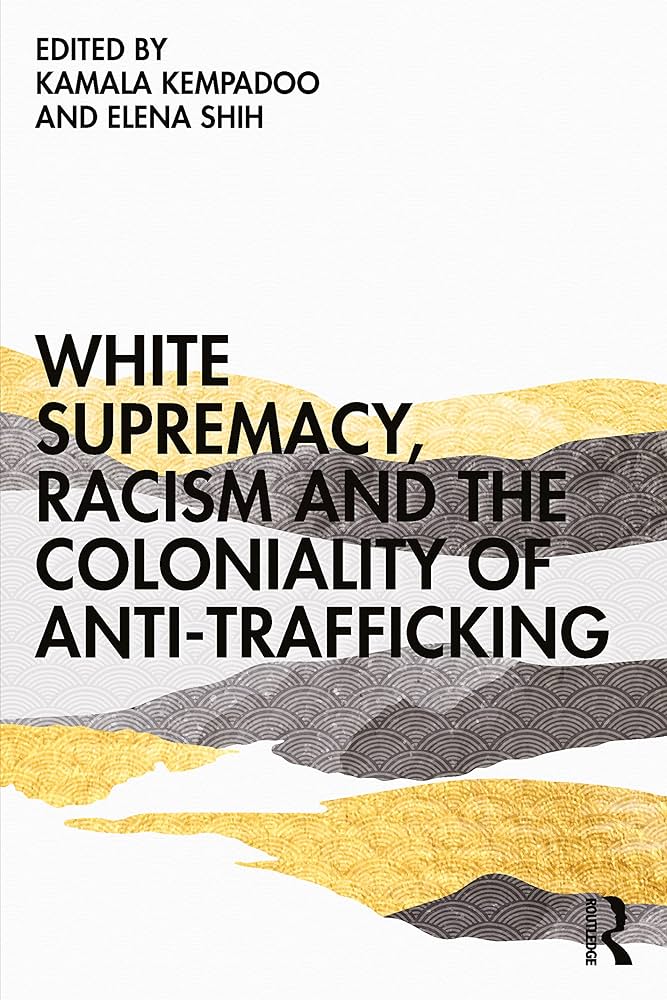
Global efforts to combat human trafficking are ubiquitous and reference particular ideas about unfreedoms, suffering, and rescue. The discourse has, however, a distinct racialized legacy that is lodged specifically in fears about « white slavery, » women in prostitution and migration, and the defilement of white womanhood by the criminal and racialized Other. White Supremacy, Racism and the Coloniality of Anti-Trafficking centers the legacies of race and racism in contemporary anti-trafficking work and examines them in greater detail.
A number of recent arguments have suggested that race and racism are not only visible, but vital, to the success of contemporary anti- trafficking discourses and movements. The contributors offer recent scholarship grounded in critical anti- racist perspectives that reveal the historical and contemporary racial working of anti- trafficking discourses and practices globally―and how these intersect with gender, citizenship, sexuality, caste and class formations, and the global political economy.